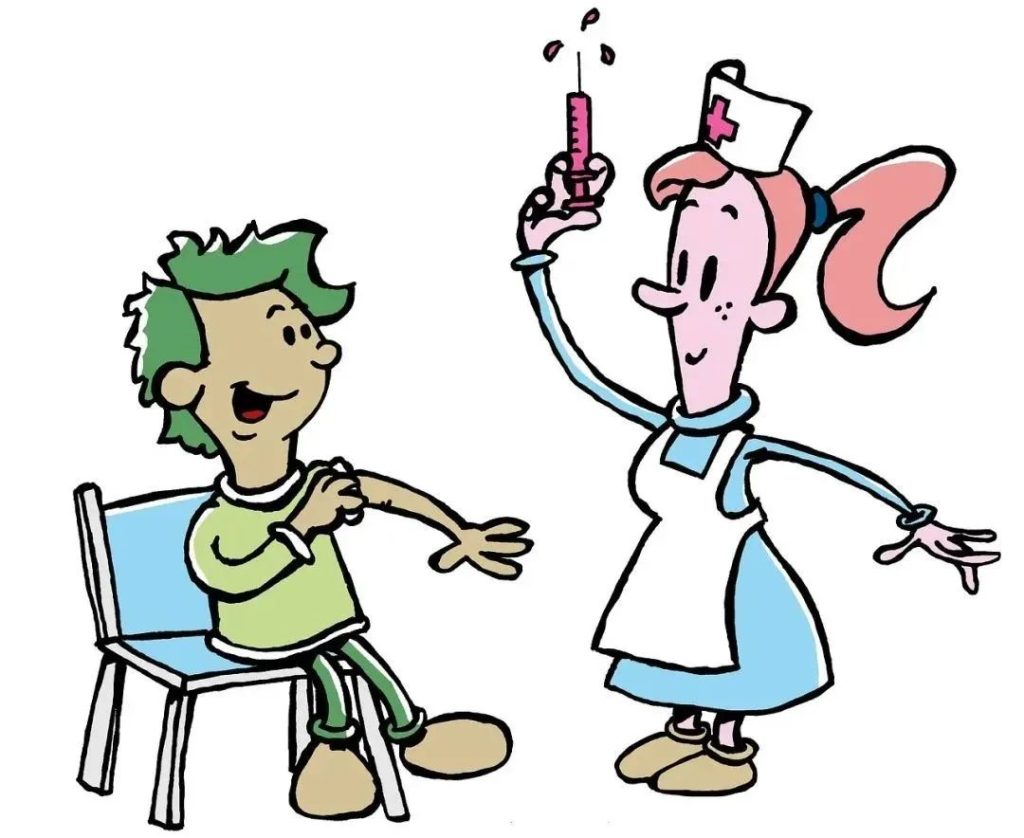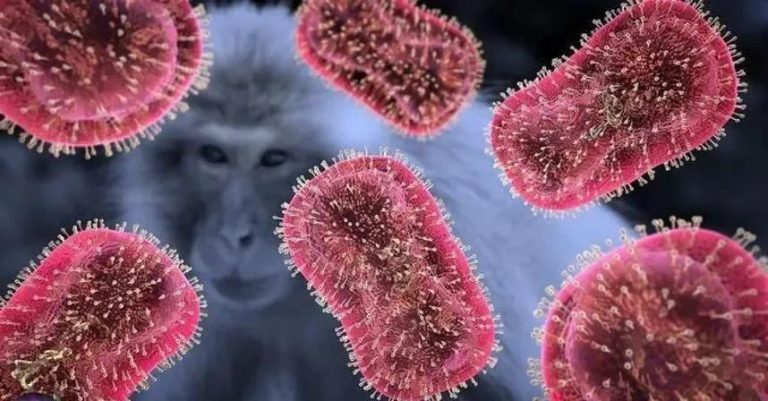What is monkeypox?
Monkeypox is a viral zoonotic disease caused by the Monkeypox virus (MPXV) that can infect both humans and animals. It is clinically characterized by fever, rash, and lymphadenopathy. Severe cases can lead to complications such as secondary bacterial infections at the site of the skin lesions, bronchopneumonia, encephalitis, corneal infections, and sepsis. In 2022, large-scale monkeypox outbreaks were reported in several uncommon countries, including the European Union/European Economic Area countries. This outbreak primarily occurred through close contact with infected individuals, and Monkeypox is considered the most significant orthopoxvirus infection in humans since the eradication of smallpox.
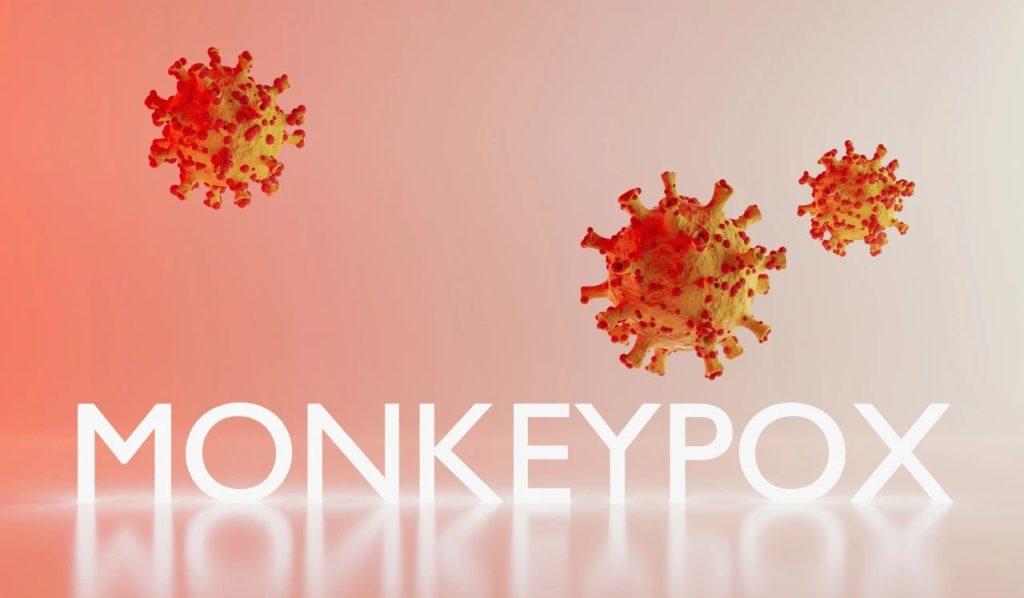
Transmission routes
- Animal-to-human transmission can occur through contact with infected animals or consumption of undercooked infected animals.
- Human-to-human transmission mainly occurs through contact with the skin or mucous membrane lesions of monkeypox patients, oral secretions, respiratory droplets, and virus-contaminated items (such as bedding). It can also occur through sexual contact. Additionally, there is a possibility of mother-to-child and nosocomial transmission.
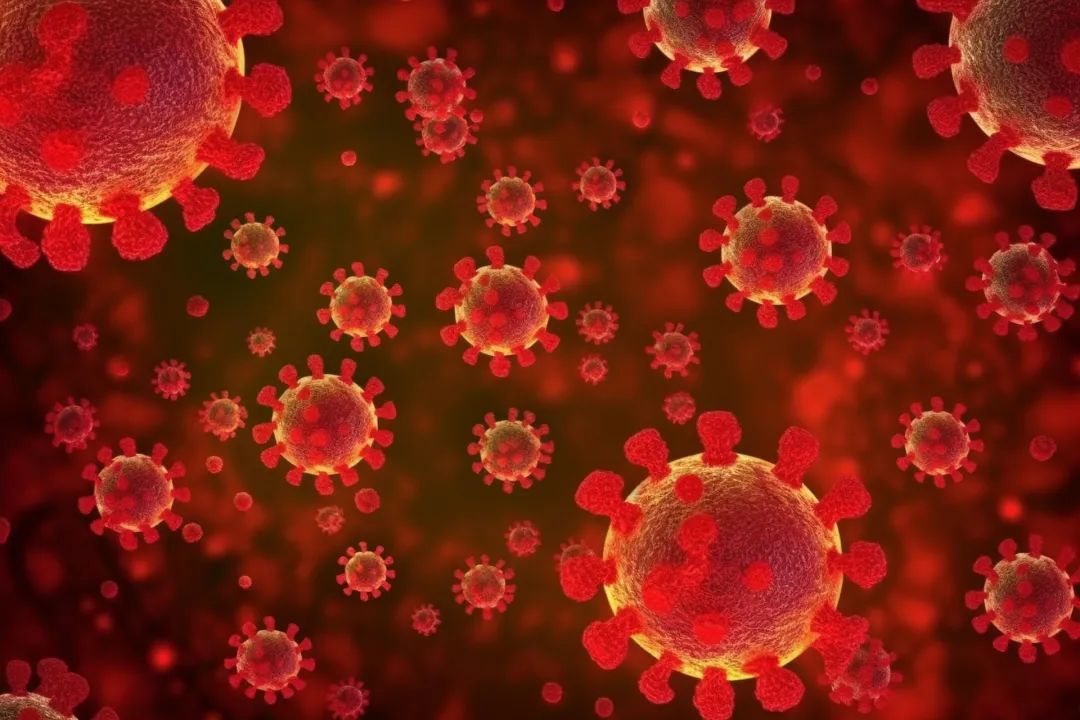
Susceptible populations
- People living with or having close contact (including sexual contact) with monkeypox patients, including men who have sex with men.
- Healthcare workers in contact with monkeypox patients or the Monkeypox virus.
- Children, pregnant women, and immunocompromised individuals.
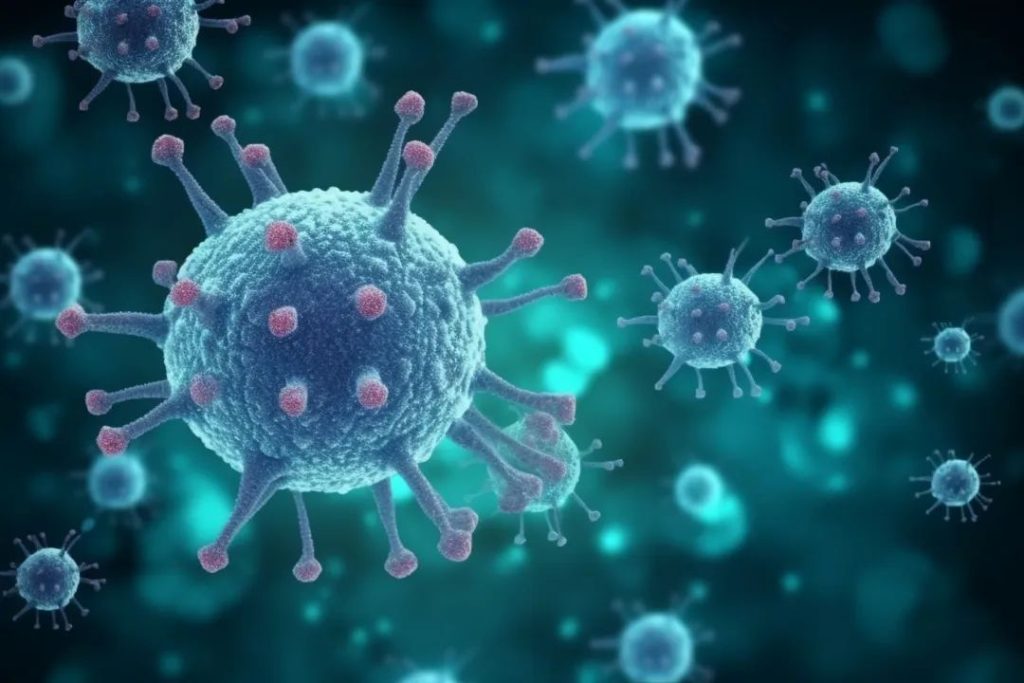
Treatment options
Newly diagnosed cases of monkeypox should undergo medical evaluation based on the severity and risk factors (e.g., underlying immunosuppressive conditions or untreated HIV infection). Individuals at increased risk of developing severe illness due to monkeypox may require hospitalization and/or antiviral therapy. The treatment of monkeypox virus infection involves isolation and observation in designated infectious disease facilities, supportive care focusing on pain relief, fever management, rash management, and nutritional support.

Prevention for the general public
- Avoid close contact with confirmed monkeypox cases. If accidental contact occurs, wash hands with soap and water or use alcohol-based hand sanitizers. If you suspect you have monkeypox, seek medical attention promptly.
- Avoid contact with animals that may carry the Monkeypox virus, such as rodents, primates, and marsupials. Additionally, avoid consuming or handling bushmeat.
- Currently, routine vaccination is not recommended for the general population.
